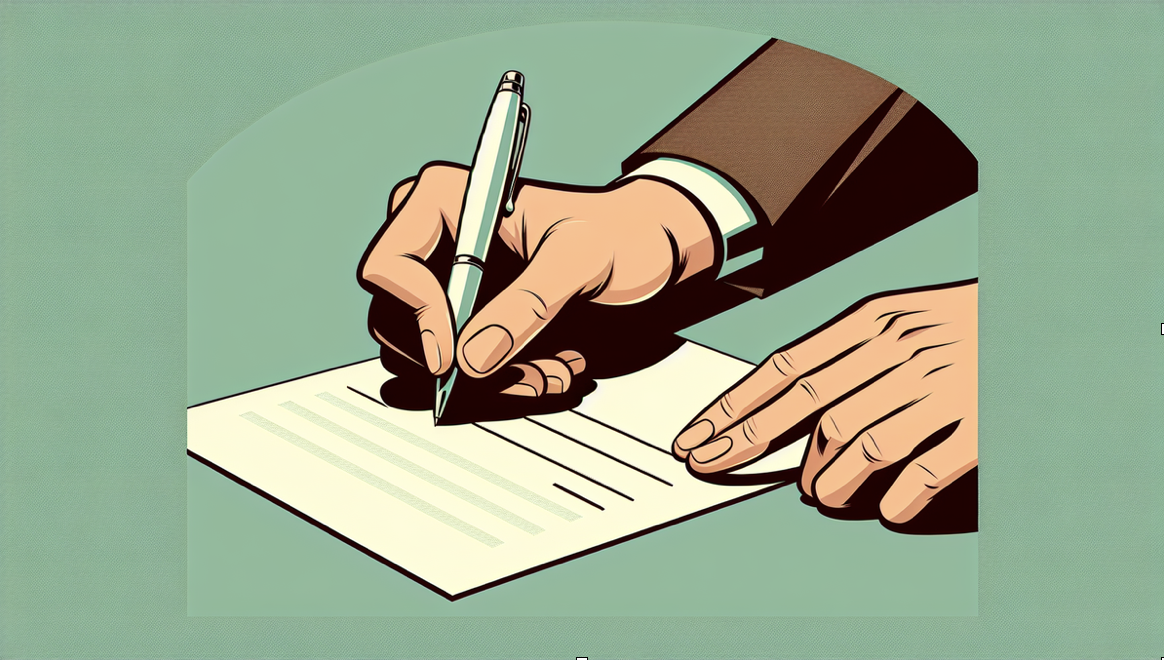Business Practices, eNews
Credit managers grapple with unresponsive, defunct customers

Credit professionals across industries have a lot in common, from their deftness with numbers to their careful evaluations of risk factors. One shared frustration among credit managers is an unresponsive customer, whether it’s a customer who has suddenly gone radio silent or one you’ve spent weeks trying to get in touch with, only to be met with a voicemail.
Why it matters: A customer who has suddenly gone quiet is daunting enough, but learning that the business has shut down completely raises even more concerns for credit managers looking to secure late payments. It can be a tricky situation without an obvious solution, so it is important to be prepared and come up with a plan that best protects your company from risk.
By the numbers: According to an eNews poll, 41% of credit managers said they occasionally find that unreachable past-due accounts have shut their doors completely, with 7% saying this happens frequently. An additional 44% have rarely seen this happen. Many credit managers have faced this boggling situation, but that doesn’t make the journey to recourse any easier.
The amount of unresponsive customers seems to be on the rise in the years since the pandemic reshaped communication, according to Harry McLaughlin, CCE, CICP, credit operations manager at Continental Tire the Americas (Fort Mill, SC).
“Typically, if a customer is unreachable in my industry, it’s usually by choice,” McLaughlin said. “In other words, they are just not picking up the phone, something that has increased a lot since the pandemic because we have a lot more support services working remotely and they don’t have a phone to answer.”
With communication strained by the rise of remote work and fall of face-to-face meetings, it can be a lot harder to gauge the wellbeing of a company. “I would say it is a little more challenging because the signs pointing to bankruptcy aren’t quite as clear,” McLaughlin said. “Usually, one of the first signs is they go radio silent. They are unresponsive to everything you send: you get no email responses and you get no phone responses.”
This strained communication means that credit managers are increasingly facing the unique situation of learning a customer who went radio silent has completely shut down. While it is not common for a business to shut down without alerting suppliers, it is not unheard of.
For Craig Lindsay, credit manager for Skechers USA (Manhattan Beach, CA), this comes up two to three times a year. “It’s difficult to predict as in my experience there are very few warning signs,” Lindsay said. “Most important is to maintain relationships with vendor peers who may have insight that others don’t.”
Deciding on a course of action from this point can be hard, and the amount of time it takes to notice the shutdown only complicates it.
“If they’ve actually shut their doors, are insolvent, but did not file for bankruptcy, our next move depends on the size of the balance,” McLaughlin said. “We may, if we have a personal guarantee, pursue them personally. But, it depends on the size of the balance. We’ve unfortunately had to write off a number of accounts that just stopped buying.”
One way credit managers can protect themselves from these tricky situations is having a personal guarantor in their contract with a customer.
“One thing that all credit managers should be thinking about is when they get the contracts and do a credit application, their company should be thinking about their personal guarantee policy,” Karen Hart, partner at Bell Nunnally Martin (Dallas, TX). “If you can get a personal guarantee, you should get it. Don’t be remiss in not asking for it and depending on the leverage in the relationship, maybe you can insist on it.”
It is critical that credit managers stay up to date on their customers, regardless of the communication style of each particular customer. Periodically checking in on your customers and regularly referencing external resources gives you a glance at how their business is going and lets you continuously evaluate the degree of risk involved with continuing that relationship. Additionally, if that business has shut down, a regular check-in means you will learn about the insolvency soon after it happens, giving you ample time to create a plan to recover any debt involved.
“If you’re in some kind of long-term contract with your customer that you’re seeing is showing signs of insolvency, you’d want to evaluate your rights on whether you should terminate the contract or if there are notices that need to be given,” Hart said. “So, you want to work with your attorney sooner rather than later to understand your rights and obligations when you see a company going down like that.”
The bottom line: Ultimately, you cannot control your customers, but you can control how closely you stay in touch with them. There’s no preventing a customer from abruptly closing up shop, but how you react and how quickly you do so can be a game changer.





